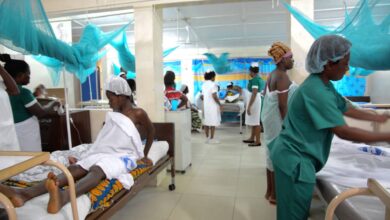Accra Health Summit Sends Strong Message: Africa Will Lead Its Own Health Agenda
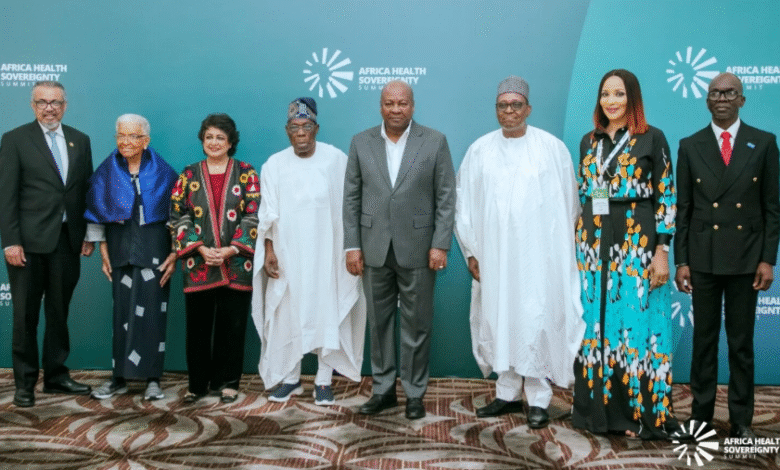
A new vision for Africa’s role in global health governance has been birthed. Leaders from across the continent and beyond wrapped up the Africa Health Sovereignty Summit with the launch of the Accra Initiative, a transformative call to action aimed at reshaping how health systems are financed, governed, and sustained.
At the heart of the summit’s communique is a clear and urgent message: Africa can no longer afford to depend on uncertain international aid to build and maintain its health systems. With declining donor support and rising health threats from pandemics to chronic diseases, African leaders say it’s time to take control of their health futures.
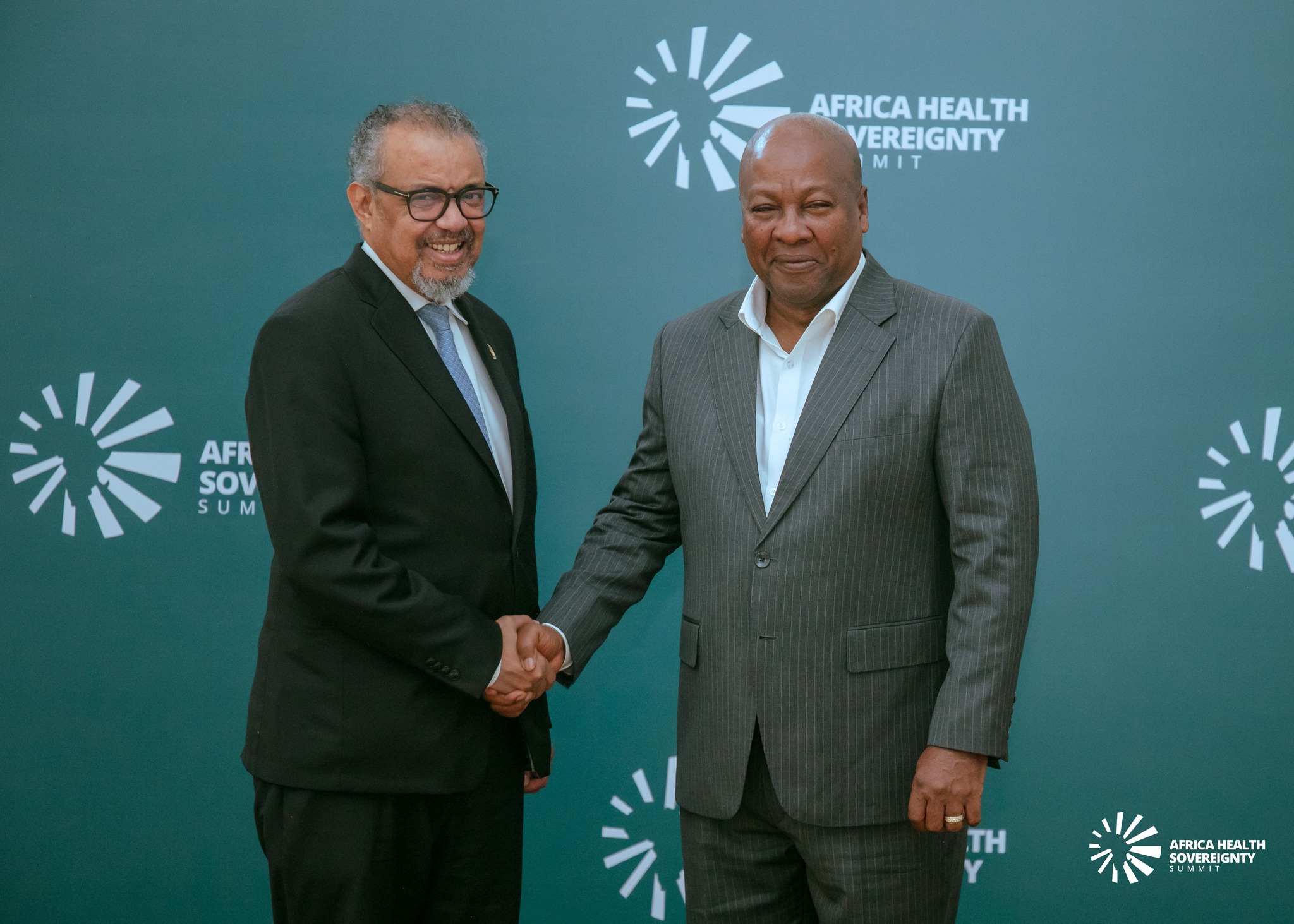
A Shared Responsibility, A Shared Opportunity
The summit acknowledged the immense progress made in global health over the last few decades: child mortality halved since 1990, maternal deaths down by over 40% since 2000, HIV/AIDS-related deaths halved since 2010, and nearly 1.4 billion people living longer, healthier lives thanks to efforts to reduce tobacco use and improve air quality.
But delegates also agreed that these gains are now at risk, not just from emerging diseases but from structural weaknesses in the global health system itself. These include dwindling aid, fragmented leadership, and disproportionate burdens on poorer countries.
“Health is no longer just a medical issue; it is a matter of economic survival and national security,” the communique stated. In an interconnected world, a health crisis in one country can quickly spill over into others, making collective action a necessity, not a luxury.
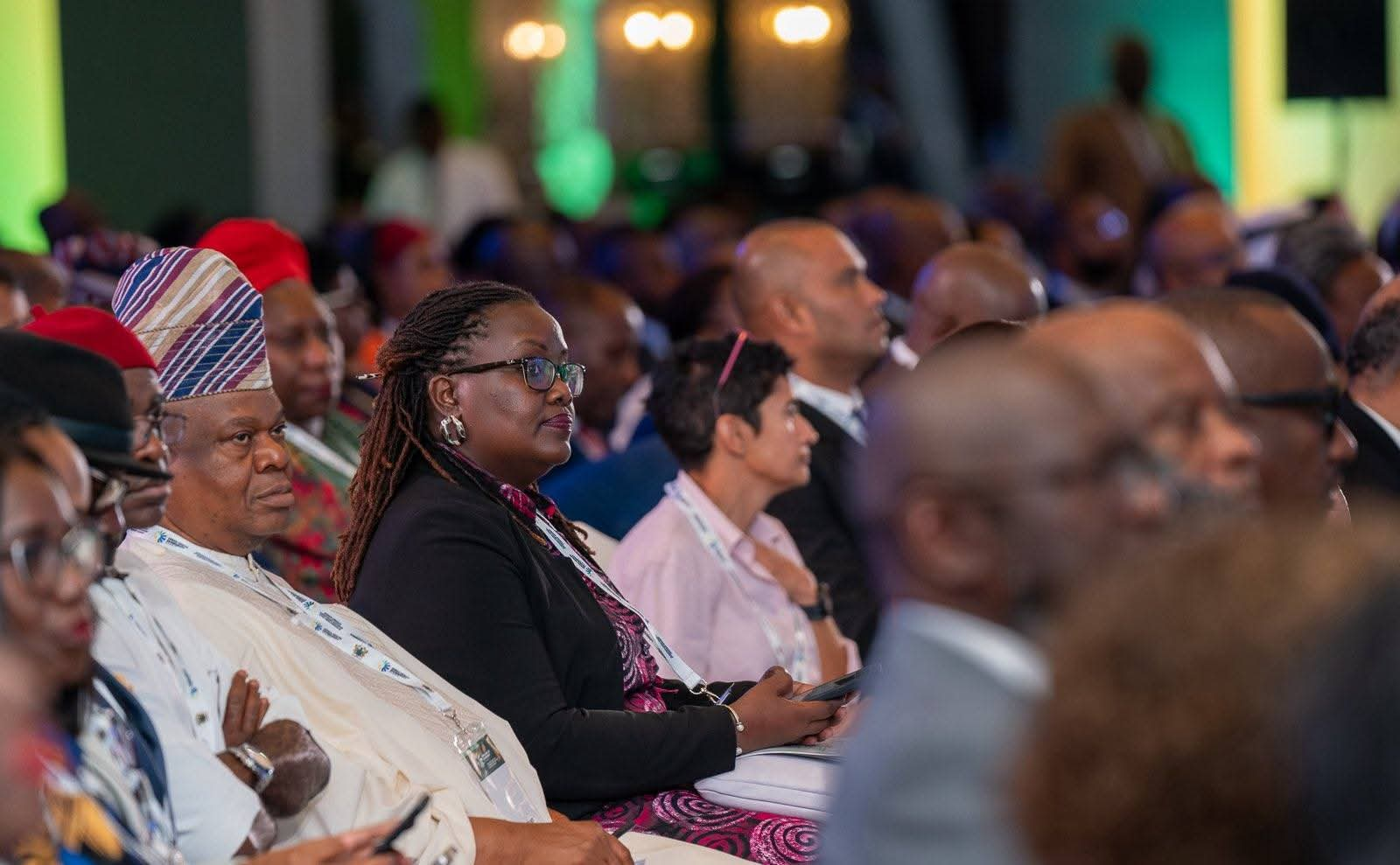
What the Accra Initiative Proposes
The Accra Initiative is both a rallying cry and a practical framework. It calls for:
- A Presidential High-Level Panel to lead the development of a new global health governance framework
- Greater representation of low- and middle-income countries and civil society in shaping international health decisions
- Sustainable funding through domestic resource mobilization and private sector partnerships
- Stronger national systems that are resilient, inclusive, and built around transparency and accountability
- Cross-sector collaboration between health, finance, environment, and security agencies to tackle health risks from all fronts
SUSTAIN: Africa’s Homegrown Answer to the Aid Gap
One of the standout outcomes of the summit is the launch of the SUSTAIN Initiative, a continental framework aimed at building country-owned, investment-driven, and sustainable health systems. The goal is to empower countries to fund their own health priorities by tapping into domestic resources, attracting private sector investment, and strengthening technical partnerships.
Health experts say this is especially important as traditional donor countries shift focus due to domestic pressures, leading to sharp reductions in aid. As one summit delegate put it, “We’re not saying goodbye to partnerships; we’re saying we must stop being dependent.”
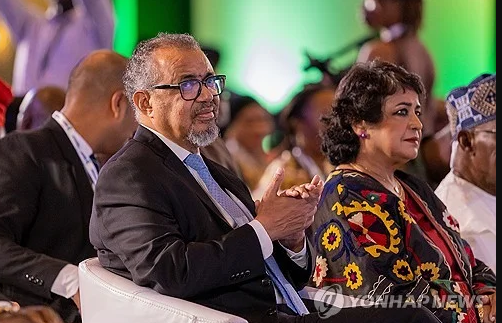
A Turning Point in Africa’s Health Story
From universal health care to pandemic preparedness, from digital health to health worker investment, the Accra Initiative sets a new tone. It speaks of ownership, leadership, and a break from the charity-driven model that has long defined Africa’s health systems.
“This is more than a communique,” said one health policy analyst. “It’s a declaration of independence—health independence.”
Why It Matters to Everyday Africans
For the ordinary Ghanaian mother in Tamale, the nurse in Takoradi, or the student in Kumasi, this initiative could mean:
- More consistent healthcare delivery
- Better infrastructure in clinics and hospitals
- More locally driven health decisions that reflect national priorities
- Reduced vulnerability to global funding shifts
As the Accra Initiative moves from paper to policy, African citizens are being urged to demand accountability from their governments, participate in health system reforms, and ensure that this new era of health sovereignty translates into real, measurable change in their lives.
Looking Ahead
The work is just beginning. The next phase involves mobilizing political will, financial resources, and community participation to turn the bold aspirations of the summit into a functioning system. But if the unity and determination shown in Accra are anything to go by, the continent may finally be on its way to reclaiming control of its health destiny.

